With TRAI’s intervention, the whole NTO exercise has to be reset to zero: Uday Shankar
Some of the leading broadcasters in India came together yesterday (January 10, 2020) on a single platform to address the press on the challenges and opportunities brought upon the industry by the recent amendments to the Tariff Order, Interconnections Regulations and Quality of Services Regulations of 2017 for the Broadcasting and Cable Services Sector issued by the Telecom Regulatory Authority of India (TRAI).
In his address, Uday Shankar, President - APAC, The Walt Disney Company and Chairman Disney/ Star TV Network India, raised the following issues:
We at IBF are not trigger happy when it comes to interactions with the media. In fact, I don’t recall in the last 3-5 years when we interacted with the media. Our job is to create content, not become part of the content. In my memory, the last time the IBF interacted with the media was in 2010-11, when we talked about cable TV digitisation. So, you can imagine the disruptive significance of this initiative by TRAI.
In 2003, when TRAI was instituted and tasked to manage the stakeholder relationship between the broadcaster and distributors, no action was taken and the Supreme Court had to intervene and say that a comprehensive tariff exercise had to be done. That is when the authority woke up to the need of a tariff.
Now, in less than a year, two tariff exercises have been done. To my mind, if a thoughtful, comprehensive, collaborative tariff exercise was done last year, then what is the need for this one? It clearly means that the last one has not been thought out well, since it needs to be tweaked on less than a year without being given time to settle down.
The President of IBF mentioned that we spent Rs 1,000 crore in educating the consumer and ecosystem about the new tariff structure. Despite its shortcomings it had taken off the ground pretty well. Over a crore and a half people had opted for la carte channels and now suddenly, the whole thing has to be reset to zero.
Clearly, this sort of regulatory intervention at the fundamental level is not good for the industry. The regulator does not seem to care that part of its job is to create an enabling framework for the industry to grow and stakeholders to benefit, while all the consumers enjoy the range of content that they deserve.
If the regulator is so concerned about bringing the price down for the consumer, then why in the name of NCF are distributors being allowed to charge Rs 160? Theoretically, they can charge anything up to Rs 160 only for providing FTA channels. To understand this ludicrous order by the regulator, the same channels can be accessed by the consumer for free via DD Free Dish. So, instead of bringing down the burden of the consumer, the regulators have allowed DPOs to charge them Rs 160.
To clean up a mess created by regulatory intervention, they are saying once again we must intervene.




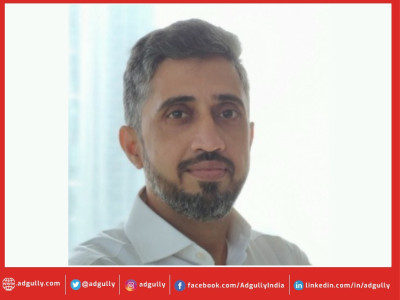


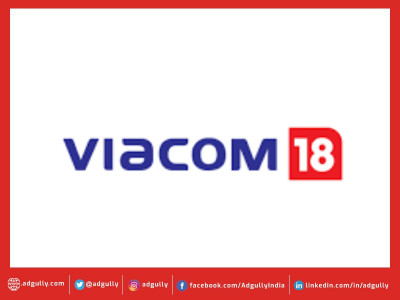

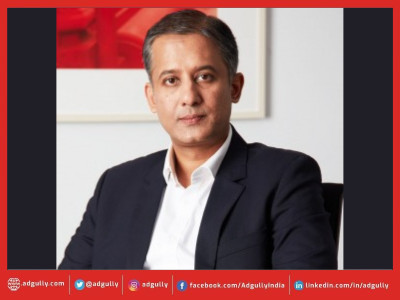
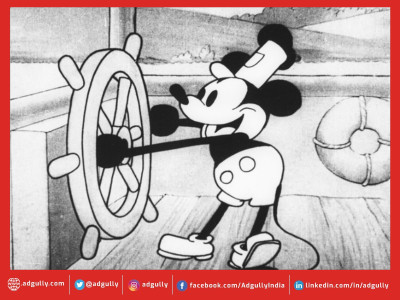
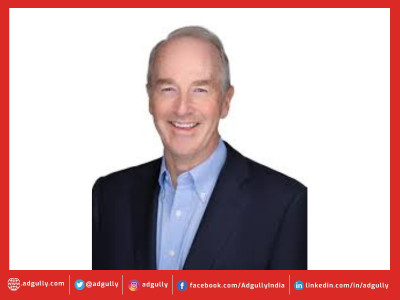

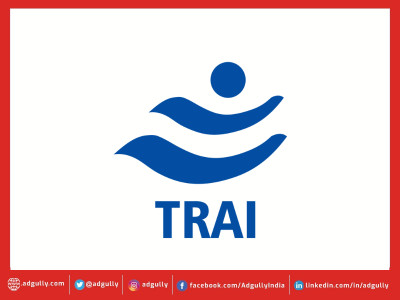


Share
Facebook
YouTube
Tweet
Twitter
LinkedIn